Small cultures import disproportionately more texts—both translated and original—than they export. However, literatures using a language with a limited number of speakers are not just markets for globalised goods. Translations quite naturally also help them develop and sometimes even exist, as cases of small languages that ceased to be the target languages for translations show. Revue svetovej literatúry (Review of world literature) is a Slovak magazine founded in the “golden” 1960s that brought an abundance of new impulses to Slovak literature from all over the world for the past fifty years. Late last year, writer and translator (and Asymptote past contributor) Peter Macsovszky and literature and translation scholar Ivana Hostová edited and co-translated (with the help of a team of translators) an issue of the magazine with a focus on contemporary and twentieth-century Anglophone literature from the US.
In her Buying into English (2008), Catherine Prendergast analyses the semantics and economics linked to the ability of speakers of a minor language—in this case Slovak—to use the language of global communication. She compares the perceived value of English in Slovakia immediately after the fall of state socialism and then in almost two decades in the post-communist Slovakia. The strict restriction of the flow of information between socialist Czechoslovakia and the Western world gave rise to an idealised notion of the Anglophone (and, more specifically, American and capitalist) world. It came to signify freedom and prosperity and was—in the minds of many Slovaks—expected to embrace and accept with curiosity and eagerness the cultures and peoples freed from the socialist regime. Prendergast suggests that the notion was only abandoned after it slowly became clear that “the lingua franca is language-as-battlefield; it is the terrain upon which players in the global information economy grapple for property, respectability, and political voice.” Now it has become obvious that it takes more than pureness of heart and an admiration for the American culture and way of life to extract any interest from what Michael Cronin in his Eco-Translation (2017) has called the crowded Anglophone attentionscape.
The proportion of imported versus exported goods including cultural products can be very well illustrated by the amount of translations produced in the Anglophone countries as opposed to cultural spaces[i] like Slovakia. Therefore, wanting to import even more texts from the dominant to small culture might seem like carrying coals to Newcastle. However, if we try to differentiate between a piece of writing as a commodity that primarily generates economic profit and institutional legitimation and look at the autonomous sections of the literary field—at those works that were not created to make the author famous or rich, but which came into being in order to exist for themselves and in their own right—it may come as a surprise that not much American writing can really be found in Slovak translation. In this context, an issue of a Slovak literary magazine bringing translations of Anglophone writing from the United States seems redundant only at first glance. Most of the literature written in the US that gets translated into Slovak nowadays can best be described as a commodity—currently, the best-selling book in the biggest Slovak bookshops is the translation of Dan Brown’s Origin (2017)—it is the kind of writing that, although undeniably culturally domineering and shaping the receiving context, does not inspire in the sense of creating resistance to the existing (cultural) preconceptions or fluent strategies of reading.

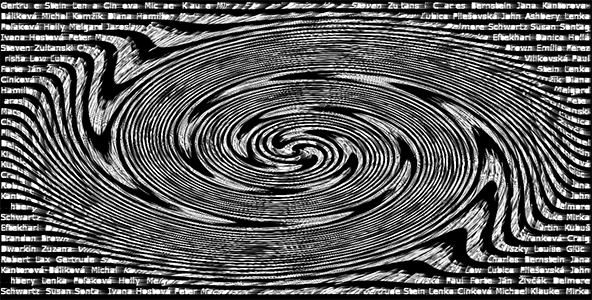

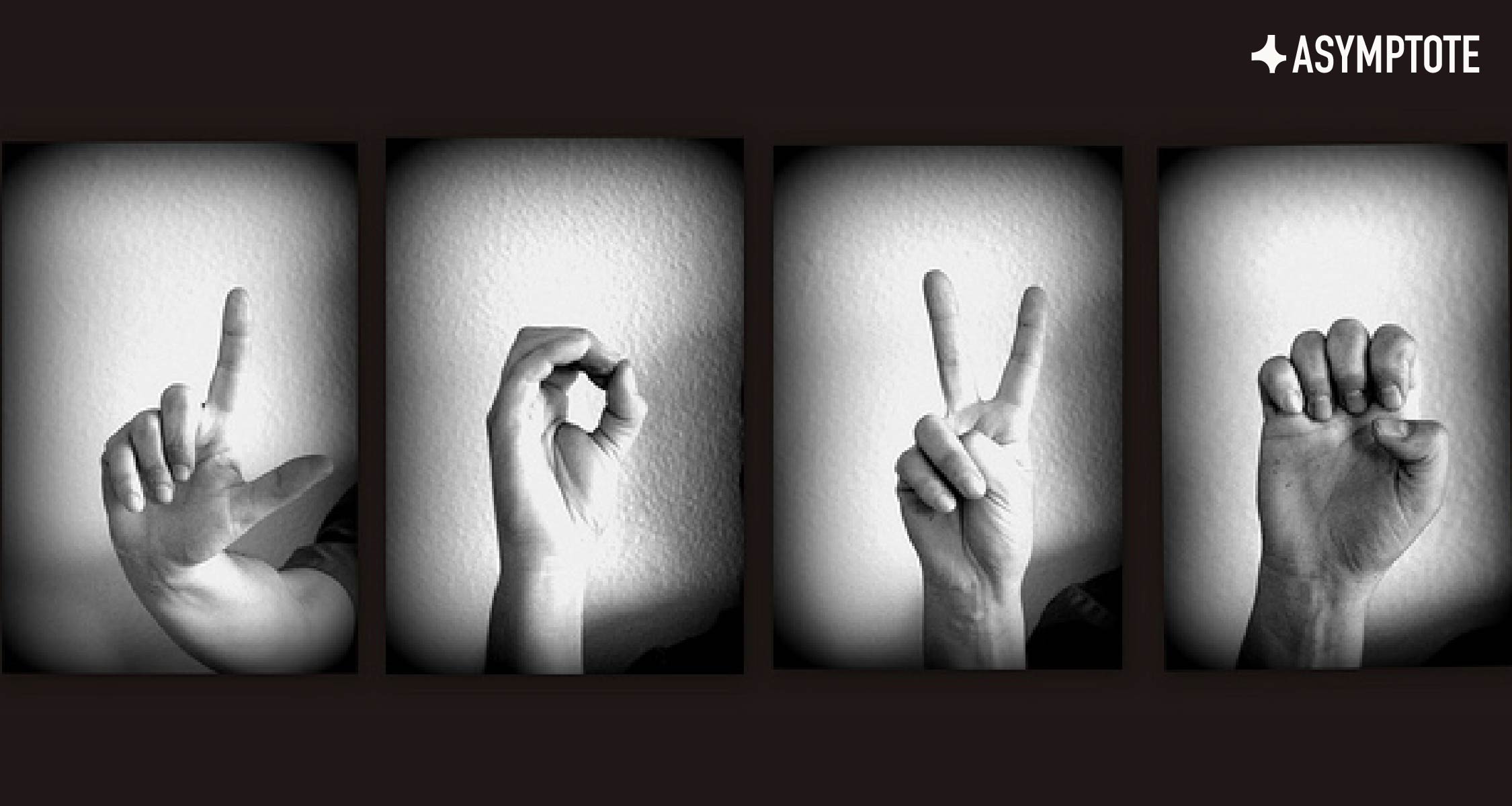
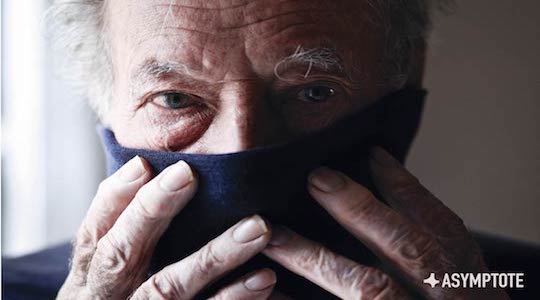
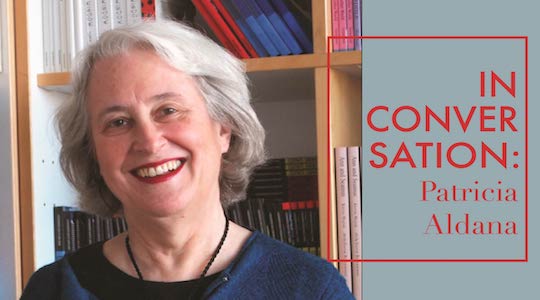
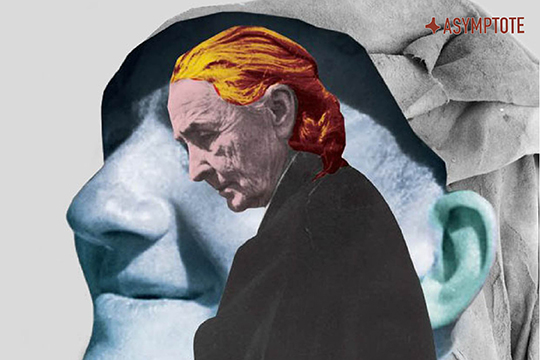
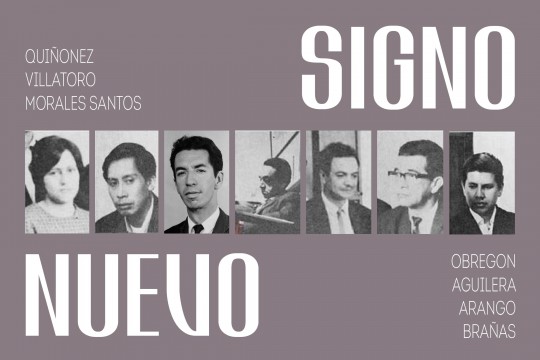

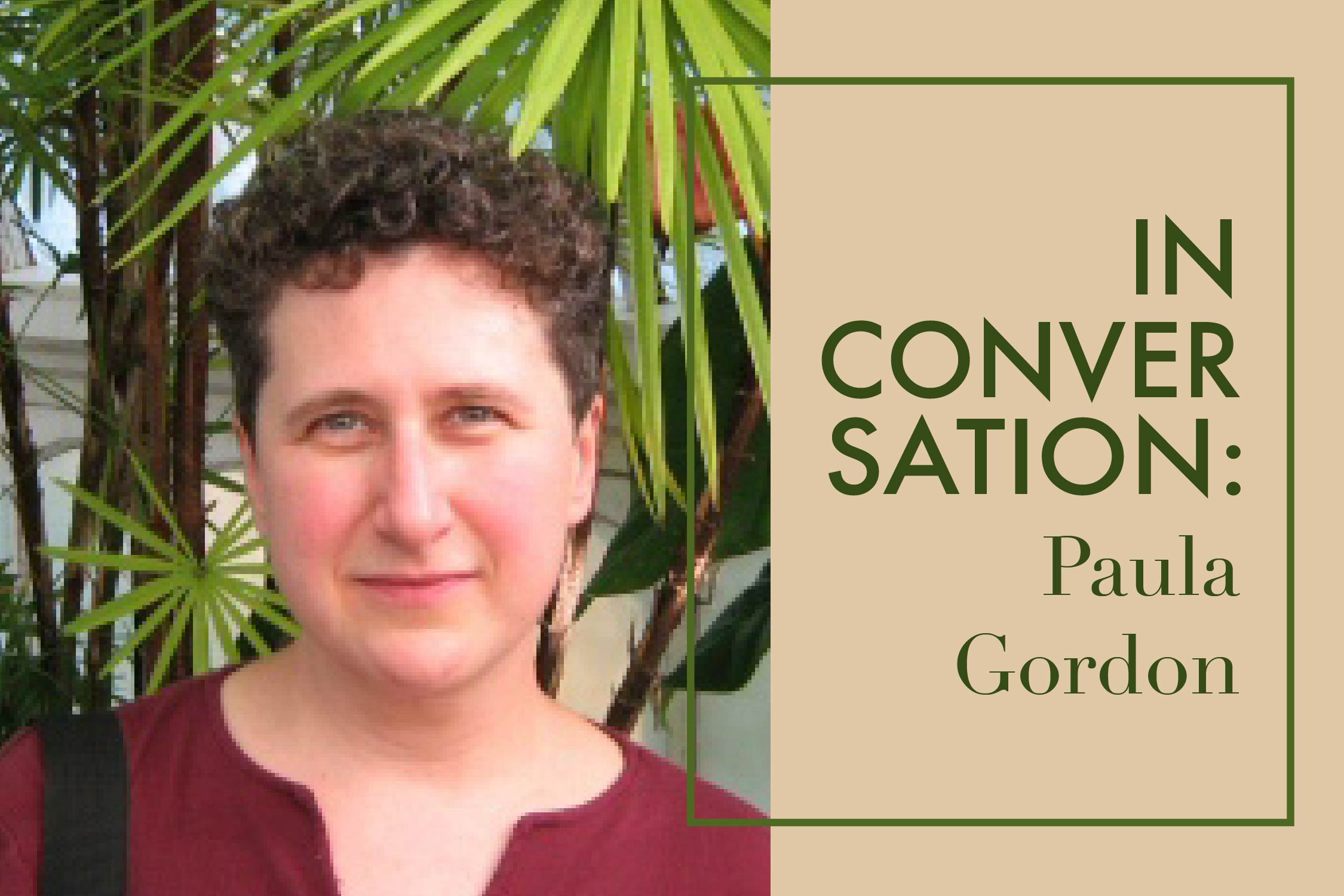
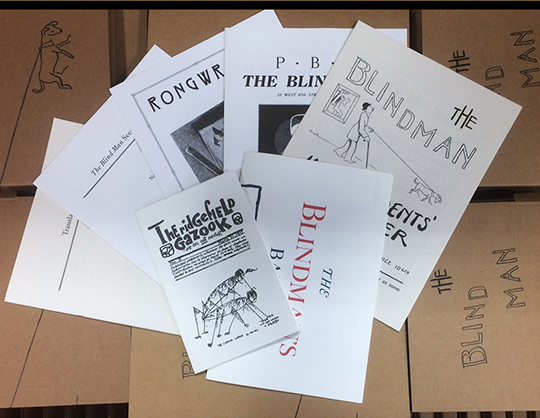

Translation Tuesday: “The Results” by Bernard Comment
"Jealousy is always a weakness, an uncertainty, a lack of confidence, every other person is a competitor, a threat."
On a check-up at a health clinic, a father and husband’s interactions with doctors are punctuated by reminiscences of love and lust for his wife. Gradually, we learn of a chilling act of violence, which leads the protagonist to a twisted reckoning with his mental and physical condition.
It’s cold. A cold that bores into you, that hasn’t let up for days, despite the big woollen jumper I never take off, even at night. Carlo tells me I should take it off for sleeping, and wrap myself up well in the blankets, so that when I get up I would add a garment to make up for the change in temperature, but one evening I tried this and my teeth chattered all night. The other men I see at lunchtime don’t seem to suffer, there’s even a guy who always walks around in a T-shirt, but admittedly he’s a burly fellow, well-padded against the cold.
The doctor made me go back to him this morning, after fasting, he wanted to do further tests, two whole syringes filled with blood, I asked to lie down because I’m always afraid of turning to look, and it’s much worse if you get to see it. The nurse smiled, although I couldn’t tell if it was from pity, sympathy, or scorn. She had difficulty finding the veins, it’s always the same, I begin to tense up, to sweat at the temples, I become dizzy and pale; when I was a teenager I passed out each time, and once I fell backwards and hit my head on a sink, was sent straight to hospital for a battery of tests, a lumbar puncture, and an idiot teacher spread it around that I’d taken an overdose, me who’s never touched the tiniest amount of an illegal substance, for fear of my reaction, and my scrupulous respect for the law.
When I had the first tests, eight months ago, the lady in the laboratory was very considerate, settling me into an armchair and telling me to look away, and to think of something pleasant; so I thought about the film I’d watched the night before, with Julie, her warm body, her breasts in my hands, her smell after making love. Then it was finished, and already I had a piece of cotton wool and then a sticking-plaster on top, whereas here everything is rougher, more brutal. I’ve been waiting for twenty minutes, standing in front of the grey door. They came to get me around six o’clock. Immediate appointment. Everything moved fast, then the iron door in the corridor clanged shut behind me, with a heavy ringing sound, and since then, nothing. The doctor must be on the telephone, I hear his voice at times, a powerful, raucous voice, but I don’t understand what he’s saying, the rooms are well insulated. I’d love to smoke a cigarette, it’s what I’ve been brooding about for a full five minutes, it’d do me good, would relax me, smoking a cigarette.
READ MORE…
Contributors:- Bernard Comment
, - Carolyne Lee
; Language: - French
; Place: - Switzerland
; Writer: - Bernard Comment
; Tags: - clinic
, - condition
, - family
, - french
, - health
, - hospital
, - love
, - lust
, - marriage
, - Short Story
, - Swiss